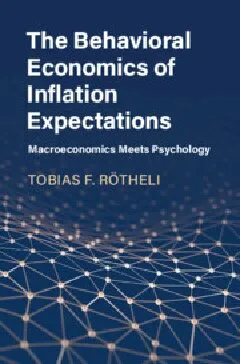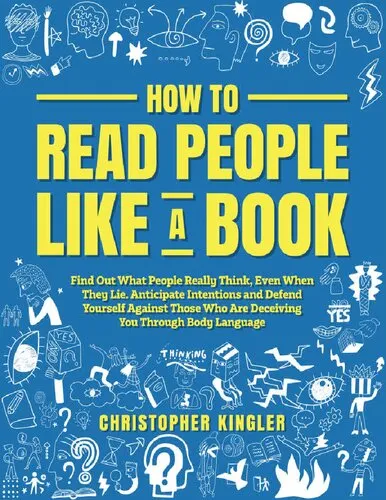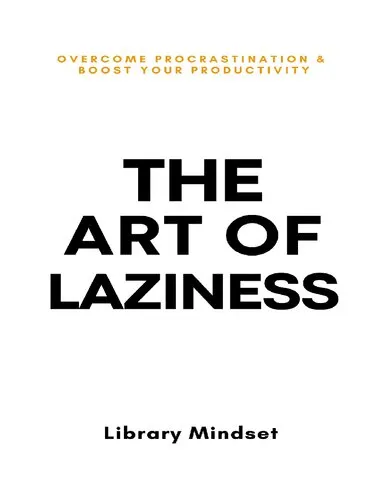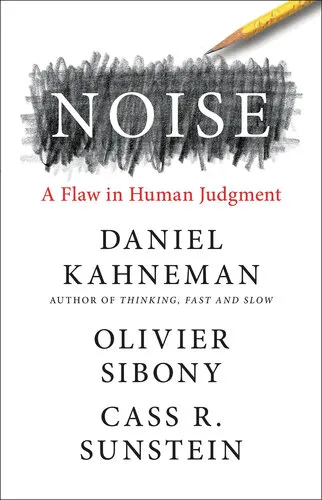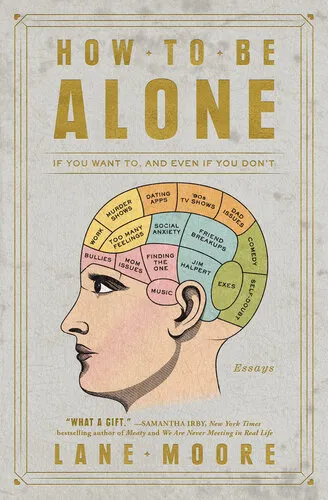The Behavioral Economics of Inflation Expectations: Macroeconomics Meets Psychology
4.5
Reviews from our users

You Can Ask your questions from this book's AI after Login
Each download or ask from book AI costs 2 points. To earn more free points, please visit the Points Guide Page and complete some valuable actions.Related Refrences:
As one of the first texts to take a behavioral approach to macroeconomic expectations, this book introduces a new way of doing economics. Rötheli uses cognitive psychology in a bottom-up method of modeling macroeconomic expectations. His research is based on laboratory experiments and historical data, which he extends to real-world situations. Pattern extrapolation is shown to be the key to understanding expectations of inflation and income. The quantitative model of expectations is used to analyze the course of inflation and nominal interest rates in a range of countries and historical periods. The model of expected income is applied to the analysis of business cycle phenomena such as the great recession in the United States. Data and spreadsheets are provided for readers to do their own computations of macroeconomic expectations. This book offers new perspectives in many areas of macro and financial economics.
Free Direct Download
You Can Download this book after Login
Accessing books through legal platforms and public libraries not only supports the rights of authors and publishers but also contributes to the sustainability of reading culture. Before downloading, please take a moment to consider these options.
Find this book on other platforms:
WorldCat helps you find books in libraries worldwide.
See ratings, reviews, and discussions on Goodreads.
Find and buy rare or used books on AbeBooks.
1285
بازدید4.5
امتیاز0
نظر98%
رضایتReviews:
4.5
Based on 0 users review
Questions & Answers
Ask questions about this book or help others by answering
Please login to ask a question
No questions yet. Be the first to ask!
